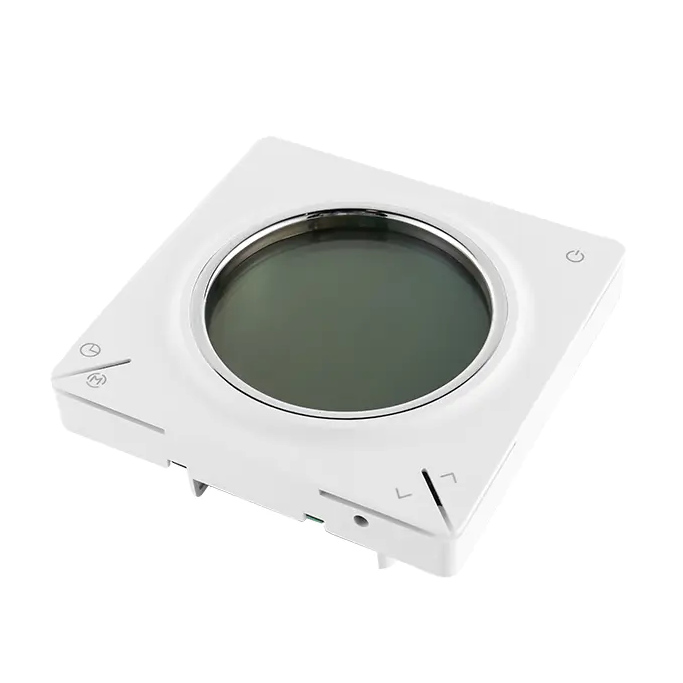The Advantages of Thermal Valve Actuators in Industrial Applications

Thermal valve actuators are widely used in various industrial applications where precise control of fluid or gas flow is required. These actuators use temperature changes to adjust the position of a valve, making them an ideal solution for environments where constant flow adjustments are necessary for efficient and safe operations. The simplicity and reliability of thermal valve actuators make them a preferred choice in industries such as chemical processing, heating systems, and water treatment.
One of the key advantages of thermal valve actuators in industrial applications is their automatic and reliable operation. These actuators do not require external power sources like electrical actuators, as they function based on temperature-induced mechanical expansion. This makes them particularly useful in settings where electrical infrastructure may be limited or where electrical interference could be an issue. For example, in areas with high levels of moisture or dust, thermal valve actuators can continue to operate without being affected by environmental factors, ensuring continuous system operation.
In the chemical processing industry, maintaining precise temperature control is crucial for ensuring the quality and safety of products. Thermal valve actuators are often used to regulate the flow of chemicals or gases within a process. By automatically adjusting the valve positions in response to temperature fluctuations, these actuators ensure that the correct conditions are maintained within the system, preventing unsafe conditions or equipment malfunctions. Their robust and low-maintenance design is highly suited for the harsh environments typically found in chemical plants.
In heating systems, such as those used in industrial buildings or factories, thermal valve actuators control the flow of hot water or steam in piping systems. These actuators regulate the temperature and ensure that heat is distributed efficiently throughout the facility. By adjusting the flow of heating agents in response to temperature changes, thermal valve actuators help maintain consistent heating, improving comfort and reducing energy costs. This is particularly valuable in large industrial buildings where heating systems need to be precise and energy-efficient.
Water treatment plants also benefit from thermal valve actuators. In these facilities, controlling the flow of water is vital to ensure proper treatment and distribution. Thermal valve actuators help regulate the flow of water through various stages of the treatment process. By maintaining the right flow levels, they contribute to the overall efficiency of the plant, ensuring that the treatment process runs smoothly and that water is properly purified before being released into the system.
Another significant benefit of thermal valve actuators is their low maintenance requirements. Because they rely on a mechanical system rather than electronic components, they tend to require less maintenance and are less prone to failure due to power surges or electrical malfunctions. This makes them a cost-effective choice for industries where downtime can be expensive and undesirable. Their simple design ensures long-lasting performance with minimal intervention, which is crucial for industrial settings that demand reliable, continuous operation.
In summary, thermal valve actuators are a vital component in many industrial systems. Their ability to provide automatic, reliable, and low-maintenance flow control makes them ideal for applications in chemical processing, heating, and water treatment industries. As industries continue to seek ways to improve efficiency and reduce operational costs, thermal valve actuators offer a simple yet effective solution for managing fluid and gas flow.
- Art
- Causes
- Crafts
- Crypto
- Dance
- Drinks
- Defi
- Film
- Fitness
- Food
- Jeux
- Gardening
- Health
- Domicile
- Literature
- Music
- Networking
- Autre
- Party
- Religion
- Shopping
- Sports
- Theater
- Wellness

